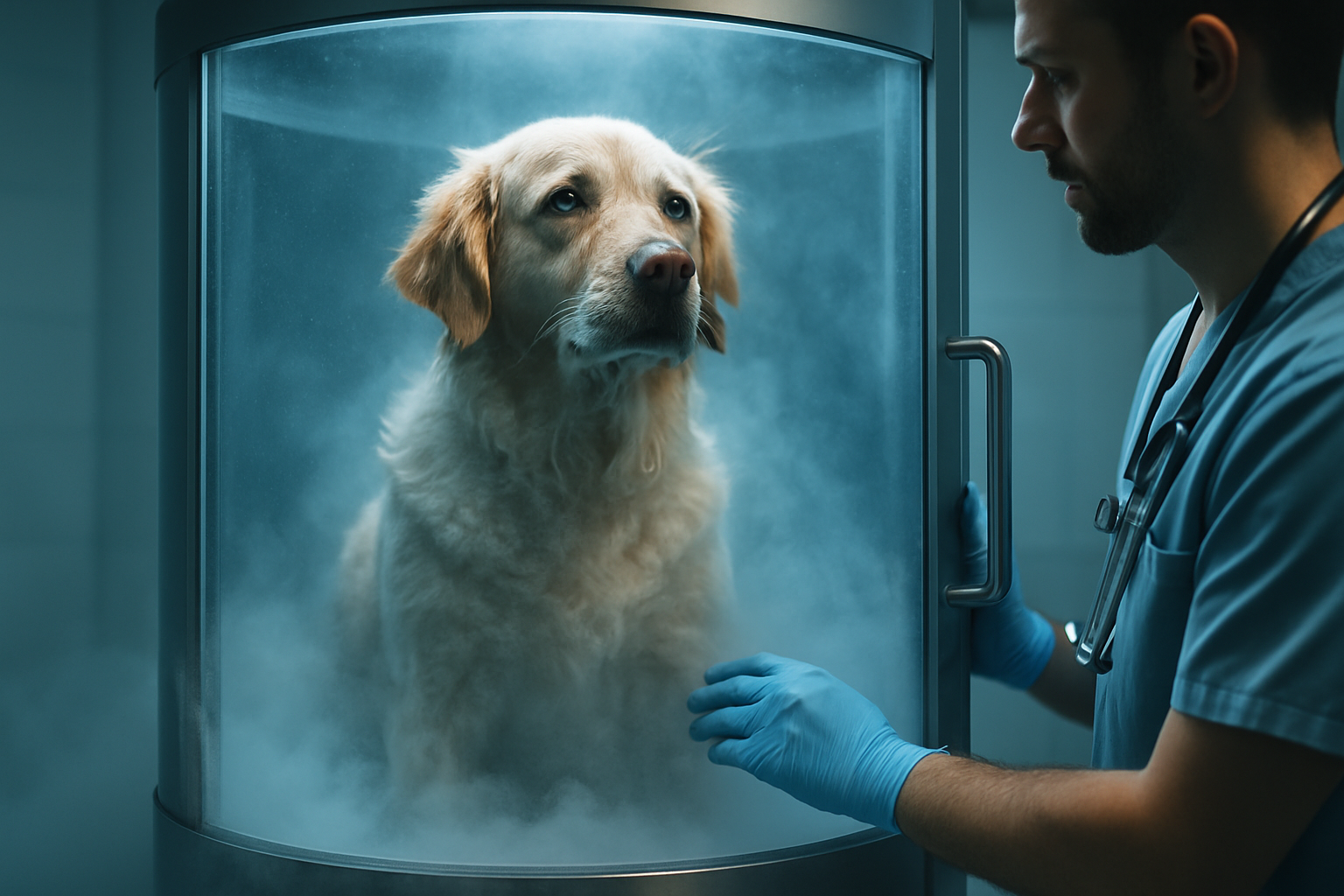Veterinarian Services: Care for Dogs, Cats, and Other Pets
A veterinarian practice provides medical care, preventive treatments, and guidance for companion animals, including dogs and cats, as well as some exotic or farm animals. Services range from routine wellness exams and vaccinations to diagnostics, surgery, dental care, and behavior counseling. Understanding common services helps owners make informed decisions about pet health and long-term care.

This article is for informational purposes only and should not be considered medical advice. Please consult a qualified healthcare professional for personalized guidance and treatment.
What services does a veterinary clinic provide for pets?
Veterinary clinics offer a broad set of services for pets that usually include wellness exams, vaccinations, parasite prevention, diagnostic testing (bloodwork, imaging), dental cleanings, spay/neuter, and minor surgical procedures. Many clinics also provide microchipping, nutritional counseling, behavioral consultations, and senior pet assessments. Some practices support boarding, grooming, or basic rehabilitation. The exact scope depends on clinic size—full-service hospitals often handle complex surgery and advanced imaging, while smaller practices focus on wellness and routine care.
How are preventive care and wellness handled for dogs?
Preventive care for dogs centers on regular wellness checks, vaccination schedules, and parasite control. A typical plan includes annual or semi-annual exams, vaccines for core diseases, flea/tick and heartworm prevention, dental assessments, and weight management guidance. Puppies require more frequent visits for growth monitoring and socialization advice. Preventive care also covers microchipping and early screening for congenital issues. Establishing a relationship with a veterinary team helps tailor preventive plans to a dog’s breed, age, lifestyle, and any underlying health risks.
What routine care do cats commonly need?
Cats benefit from wellness visits that often include vaccinations, parasite prevention, dental evaluations, and screening for common conditions such as kidney disease or hyperthyroidism in older cats. Indoor-only cats still require preventive care because some diseases are not strictly outdoor-transmitted. Annual or biannual checkups allow early detection of subtle changes in behavior or appetite that can signal illness. Nutritional advice and environmental enrichment recommendations are also part of routine feline care to support mental health and prevent obesity.
How are diagnostic and surgical services provided for animals?
Diagnostic services range from in-clinic blood tests and urinalysis to digital radiography, ultrasound, and lab partnerships for specialized testing. These tools help detect infections, organ dysfunction, tumors, and metabolic conditions. Surgical services may cover everything from routine spays/neuters and mass removals to more complex orthopedic or soft-tissue procedures. Practices that perform advanced surgery typically have trained staff, anesthesia monitoring, and post-operative pain management protocols. Pre-surgical assessments reduce risk and help determine appropriate anesthesia and recovery plans.
When should pet owners seek urgent veterinary care?
Owners should seek urgent care if a pet shows signs such as severe trauma, uncontrolled bleeding, difficulty breathing, collapse, persistent vomiting or diarrhea, suspected poisoning, or sudden inability to stand. Other red flags include severe pain, sudden blindness, or dramatic changes in behavior. Some symptoms may seem minor but can escalate quickly, especially in young, old, or chronically ill animals. If unsure, contacting your regular veterinary clinic or an emergency animal hospital in your area can help determine whether immediate evaluation is necessary.
How to evaluate local veterinary services and choose a clinic?
When evaluating veterinary services in your area, consider clinician qualifications, range of services, facility cleanliness, and communication style. Look for clinics that explain diagnoses and treatment options clearly, provide written estimates, and offer follow-up care. Check whether the practice has access to diagnostic labs and emergency referrals if needed. Reviews and word-of-mouth can be helpful but weigh them alongside direct observations during a visit. For specialized needs—dental surgery, oncology, or advanced imaging—verify that the clinic or a partnered hospital has the appropriate equipment and expertise.
Conclusion
Veterinarian services encompass a spectrum of care designed to maintain animal health, manage illness, and support owners with education and preventive strategies. Understanding the typical offerings and how to evaluate providers can help pet owners make informed decisions for dogs, cats, and other companion animals. Regular preventive visits and clear communication with your veterinary team are central to long-term animal well-being.






